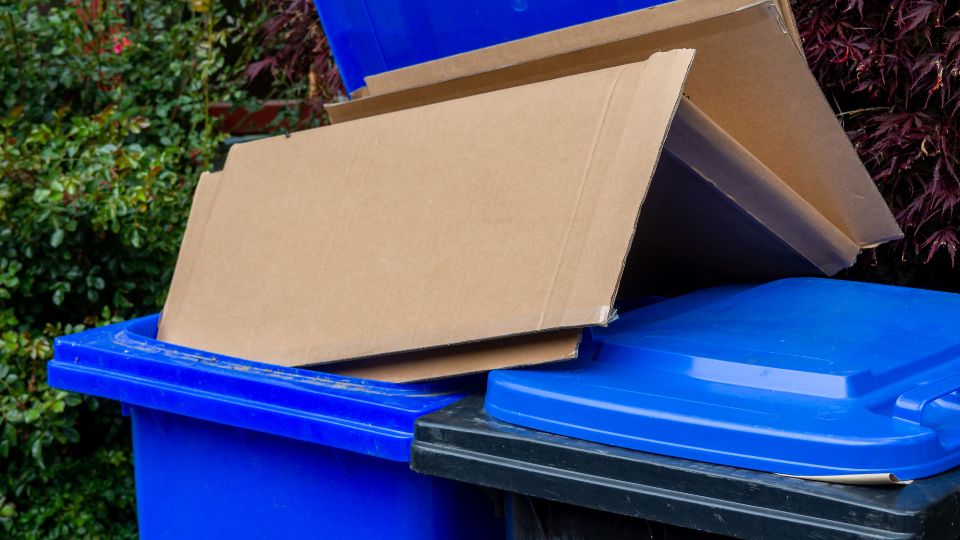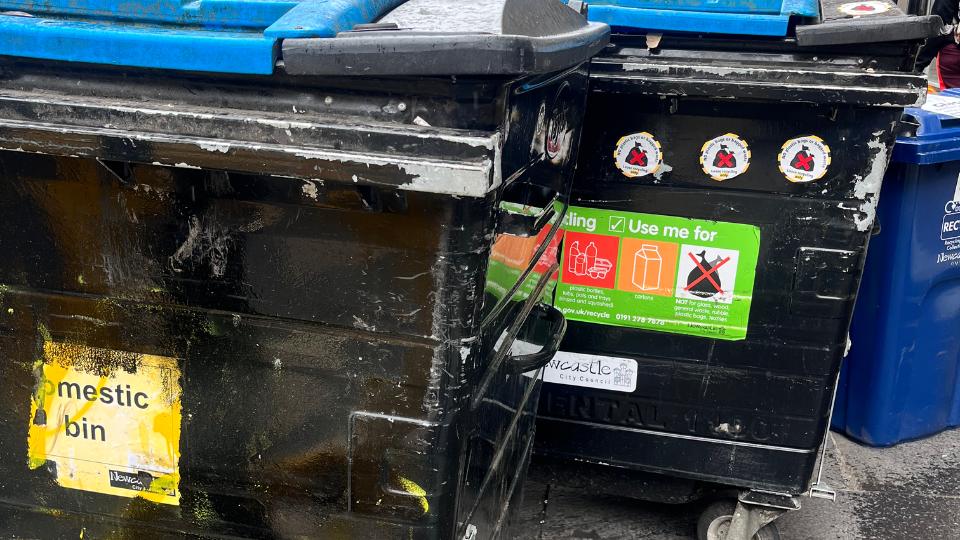
When it comes to disposing of wood in the UK, many people are unsure whether it belongs in the general waste bin.
The answer is more complex than a simple yes or no, and understanding the proper way to dispose of wood can help both the environment and local waste management systems.
This blog will explore the correct methods for wood disposal, and why it’s important!
Table of Contents
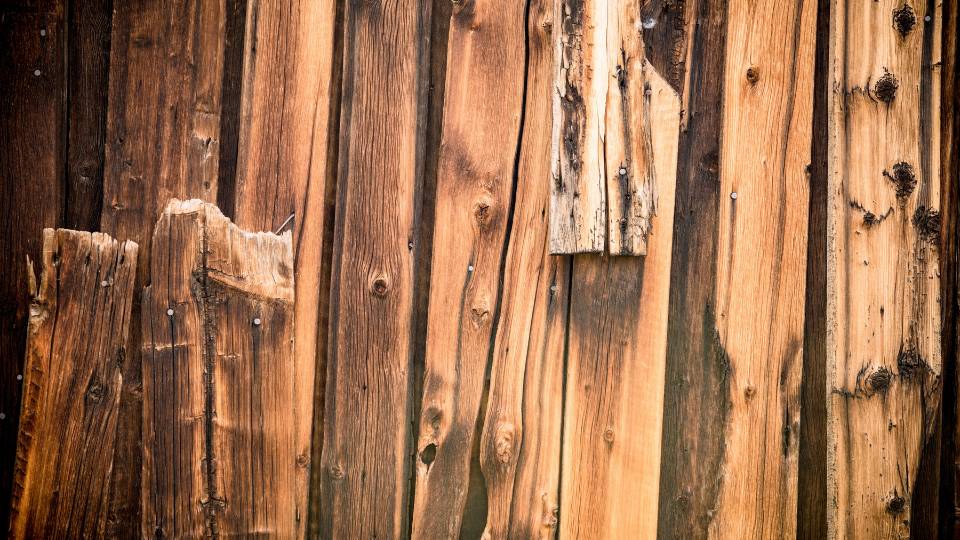
Wood Disposal: The Basics
In the UK, general waste bins are intended for items that cannot be recycled or composted.
However, wood is a versatile material that can often be repurposed, recycled, or composted, depending on its condition and type.
Here are the main points to consider:
Untreated Wood
This type of wood is free from paints, varnishes, or other chemicals.
It can often be recycled or composted.
Many local recycling centres accept untreated wood, where it can be chipped and used for various purposes, such as landscaping or as a biomass fuel.
Treated Wood
Wood that has been painted, stained, or treated with chemicals should not go in general waste or recycling bins.
These chemicals can be harmful to the environment.
Instead, treated wood should be taken to a designated disposal site or recycling centre that can handle such materials safely.
Construction and Demolition Waste
Large quantities of wood waste from construction or demolition projects should be disposed of through a specialist waste management company to prevent high volumes of waste from ending up in landfills. The UK construction industry generated 62% of the country’s total waste in 2018, posing a significant challenge for waste management and environmental sustainability.
They can ensure that the wood is processed appropriately, whether it’s recycled, repurposed, or safely disposed of.
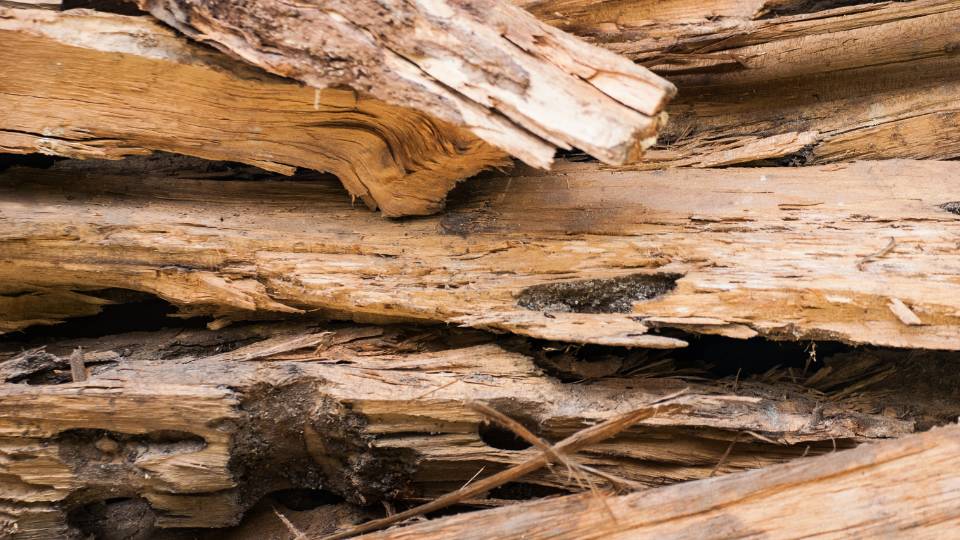
Facts about Wood Waste
- Recycling Rates: The UK has made significant strides in recycling, with the recycling rate for waste from households reaching 45.7% in 2020.
Properly disposing of wood can contribute to improving these figures.
- Energy Recovery: Wood waste can be used as biomass fuel, a renewable energy source.
In 2019, biomass accounted for 6.2% of the UK’s total energy production.
- Environmental Impact: Disposing of wood improperly can lead to environmental harm.
Treated wood, for example, can leach harmful chemicals into the soil and water if not handled correctly.
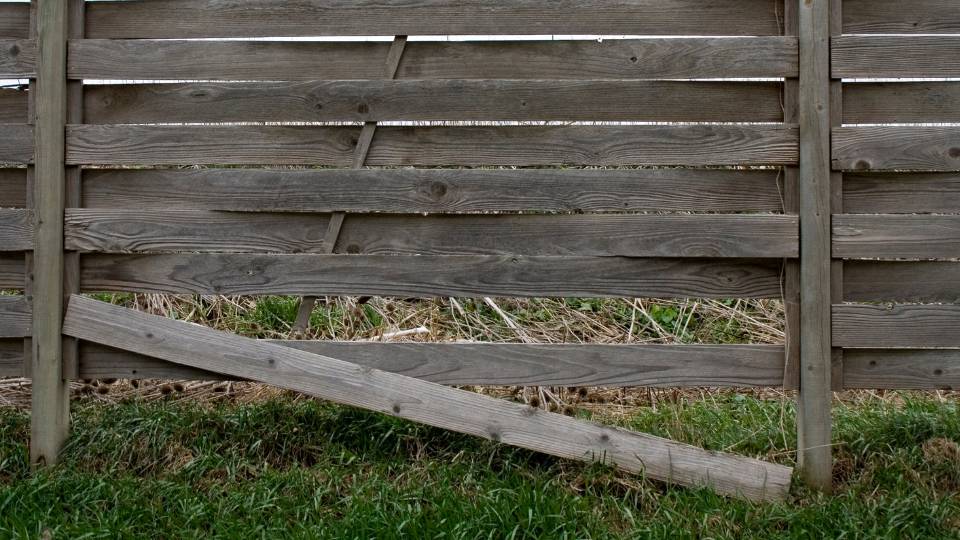
Conclusion
Proper wood disposal is crucial for environmental sustainability.
By understanding how to correctly dispose of different types of wood, you can help reduce waste, promote recycling, and support the UK’s efforts to create a greener future.
Want to know more about what can go in general waste? Read our blog!

